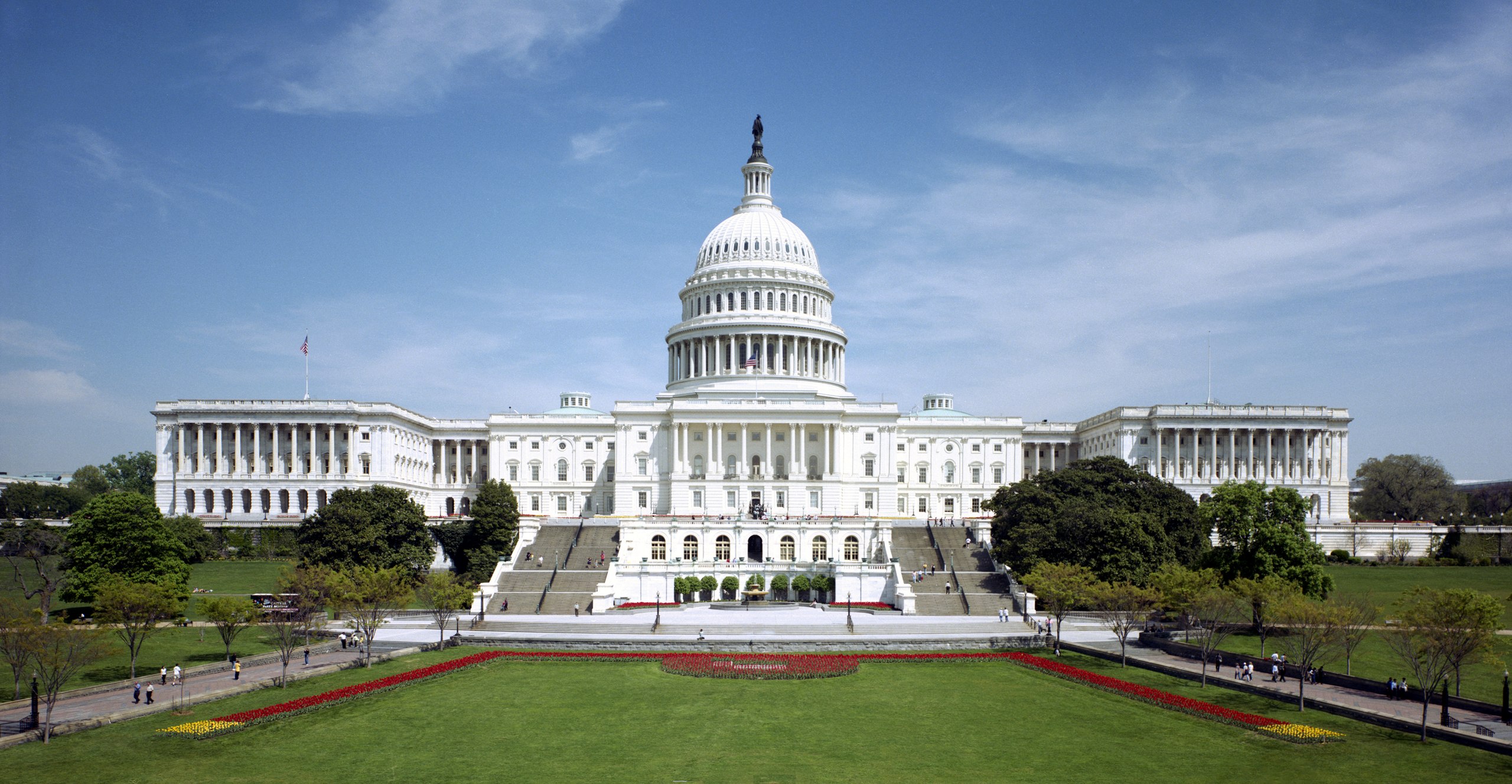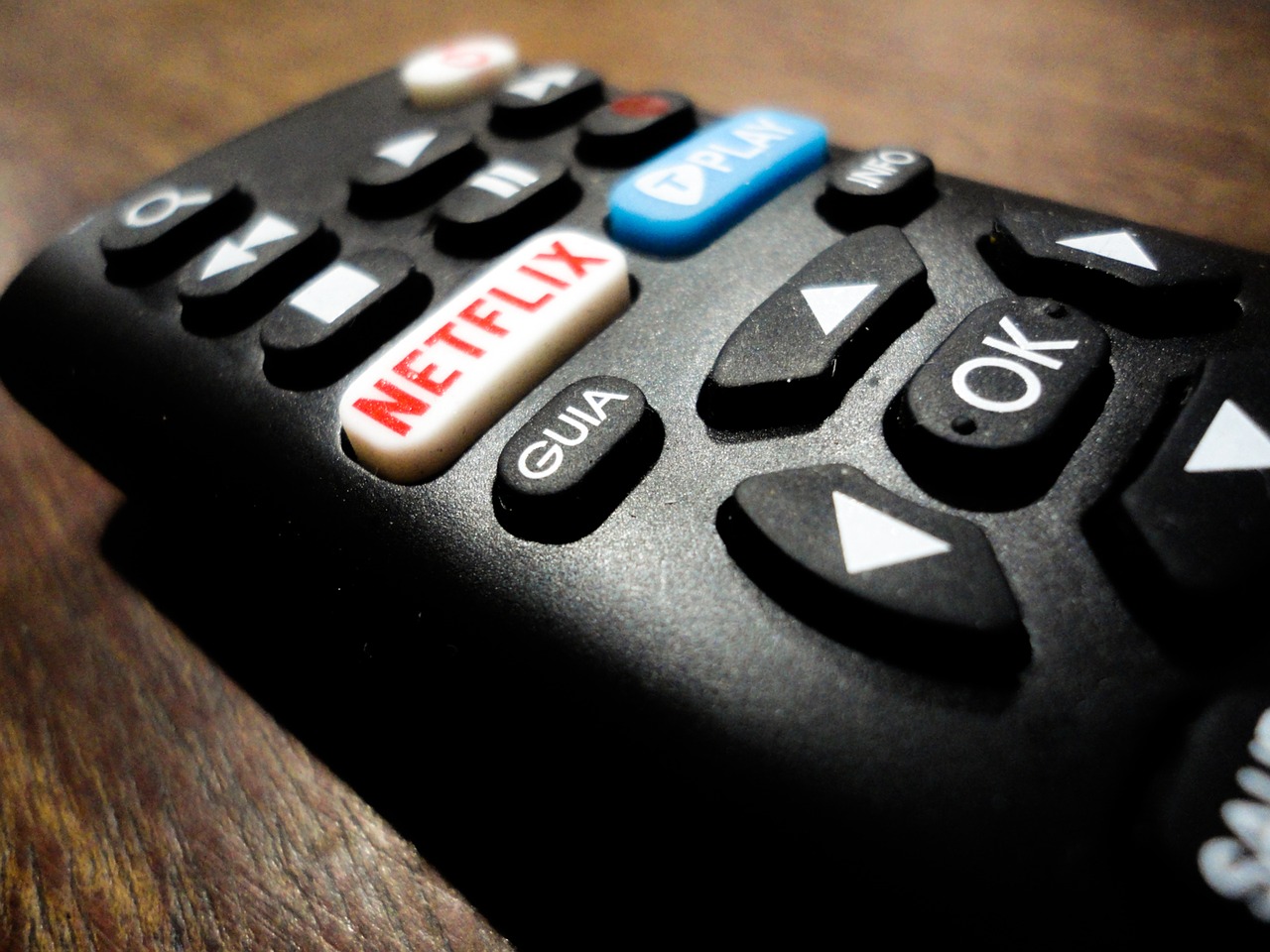By: Stetson Biggs
Musicians often struggle to obtain fair compensation because internet streaming services like Spotify and Apple Music frequently fail to attribute and pay royalties.[1] In response to this problem, lawmakers enacted new legislation that secures increased royalty payments for artists.[2] On October 11, 2018, President Donald Trump signed the Music Modernization Act (MMA).[3] The MMA provides extensive copyright reform for the digital music era by bestowing federal protection on more recordings and by creating a centralized entity that collects and distributes royalties.[4]
Pre-1972 Recordings
Although sound recordings received federal copyright protection in 1972, pre-1972 recordings remained under state jurisdiction.[5] Inconsistent state laws created confusion among streaming services which resulted in fewer royalty payments and more lawsuits.[6] Disputes frequently concerned whether a streaming service owed an artist royalties under a particular state law.[7] As a remedy to this issue, the MMA provides federal protection to recordings that were released prior to 1972.[8] This means that streaming services must now secure licenses and pay royalties on all pre-1972 recordings. Federal protection of pre-1972 recordings will eliminate the burden of complying with differing state laws. This will allow streaming services to properly allocate pre-1972 royalties, ensuring that artists receive proper compensation. As more artists receive proper compensation, streaming services should face fewer lawsuits.
Mechanical Licensing Collective
Prior to the MMA’s passage, streaming services obtained individual licenses for each recording. Due to the complexity of matching recordings with artists, streaming services’ royalty schedules often suffered from discrepancies and omissions that prevented musicians from accessing their royalties.[9] The MMA created the Mechanical Licensing Collective (MLC).[10] The MLC is a centralized entity that will match recordings with artists and then collect and distribute mechanical royalties.[11] Rather than procuring individual licenses, each streaming service will make a single payment directly to the MLC which will in turn grant the service a blanket license to reproduce all recordings in the MLC’s public database.[12] This blanket license will relieve streaming services from the practical difficulties of seeking individual licenses while the MLC’s comprehensive database serves as an efficient and reliable mechanism for matching recordings with artists. Streaming services will be able to operate more efficiently and with more security knowing that each of their recordings is appropriately licensed. Artists will also have a clear and centralized resource for seeking and retrieving unclaimed royalties.
In a compromise with streaming services, lawmakers decided to grant immunity from infringement suits to streaming services that obtain the MLC’s blanket license.[13] Immunity will allow streaming services to operate without fear that discrepancies exist in their royalty schedules. In many cases, paying appropriate royalties will be less expensive than continuous litigation. As well as immunizing streaming services from future lawsuits, the MMA also applies retroactively to lawsuits that were filed after January 1, 2018.[14] This will provide additional relief to streaming services that are currently facing lawsuits.
A Solution for the Entire Music Industry
The Music Modernization Act is a rare piece of legislation that seemingly satisfies everyone. Lawmakers worked closely with artists, streaming services, producers, radio providers, and mechanical rights organizations to ensure broad and beneficial reform to outdated copyright laws.[15] The MMA is a long overdue step towards the modernization and simplification of the notoriously complex music industry.
[1] Bill Rosenblatt, Music Modernization Act Proposes Single Solution to Mechanical Licensing Problem, Copyright and Technology (Dec. 30, 2017), https://copyrightandtechnology.com/2017/12/30/music-modernization-act-proposes-single-solution-to-mechanical-licensing-problem/.
[2] Amy Wang, Trump Signs Landmark Bill Into Law, Rolling Stone (Oct. 11, 2018 12:14 PM), https://www.rollingstone.com/music/music-news/trump-signs-music-modernization-act-736185/.
[3] Id.
[4] Id.
[5] Sound Recordings Act, Pub. L. No. 140, 85 Stat. 39 (1971).
[6] Casey Rae, What’s the Deal with “Pre-‘72” Copyrights?, FutureBlog (Feb. 11, 2014), https://futureofmusic.org/blog/2014/02/11/whats-deal-pre-72-copyrights.
[7] Id.
[8] An Act to modernize copyright law, and for other purposes, Pub. L. No. 115-264, H.R. 1551, 115th Cong. § 202(a) (2018).
[9] John Titlow, Why Can’t Spotify Stop Getting Sued? It’s More Complex Than it Sounds, Fast Company (July 25, 2017), https://www.fastcompany.com/40441194/why-does-spotify-keep-getting-sued.
[10] An Act to modernize copyright law, and for other purposes, Pub. L. No. 115-264, H.R. 1551, 115th Cong. § 102(d) (2018)
[11] Id.
[12] Id.
[13] Id.
[14] Id.
[15] Dani Deahl, Senate Passes Music Modernization Act, The Verge (Sept. 18, 2018 7:08 PM), https://www.theverge.com/2018/9/18/17876660/senate-passes-music-modernization-act.





